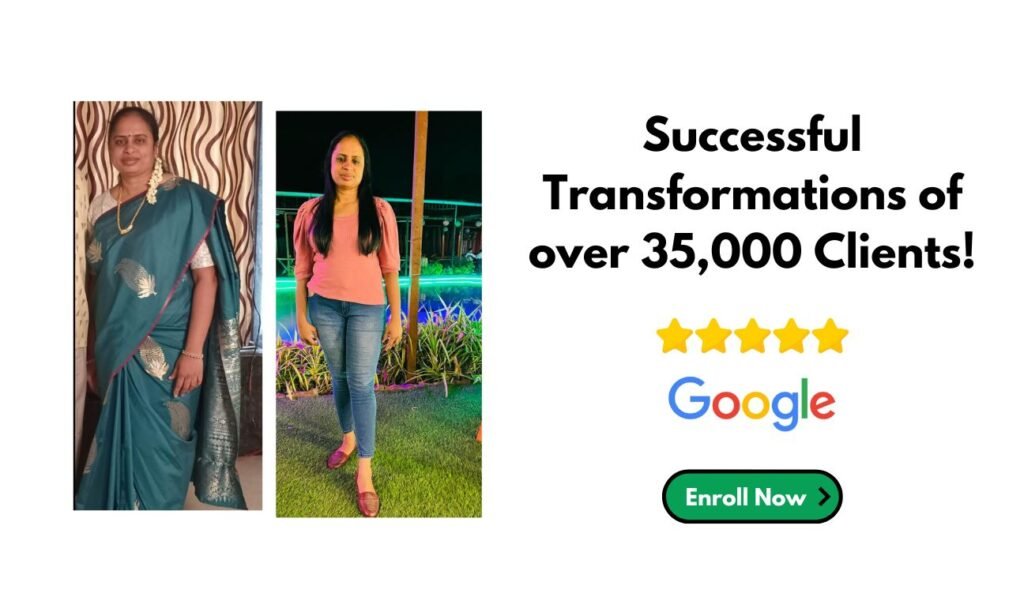Facial hair due to PCOD?
Introduction:
Being a hormonal disorder, PCOD is often accompanied by Hirsutism, which is the excessive growth of unwanted facial hair. Thise xcessive and unwanted hair growth can have a major impact on appearance and self-esteem. Women often turn to waxing, shaving, laser or the likes to try to reduce this unwanted growth and end up doing more damage than good. Before getting into treatment, how about we understand the characteristics features off Hirsutism, which will helps clear out misconceptions around it.
What It Is:
Hirsutism is the excessive growth of coarse, dark hair in areas typically associated with male hair growth, like the face, chest, and back. It’s often linked to elevated androgen levels, a common feature of PCOS.
What It Looks Like:
Facial hair affected by Hirsutism appears thick and dark, mainly around the upper lip, chin, and jawline. This hair growth pattern may resemble that of males.
What It Feels Like:
Unwanted facial hair can lead to self-consciousness and lowered self-esteem. For Indian women, societal expectations about femininity add an extra dose of self consciousness around it.
Where It Usually Grows:
PCOS-related hair growth tends to concentrate on the upper lip, chin, and jawline, often extending to the sides of the face and neck.
How It Affects Each Woman Differently:
The hair is typically coarse, dark, and stands out against the skin, contributing to a distinctive appearance that differs from regular hair growth patterns.
How It Differs from Regular Hair Growth:
Unlike regular hair growth, hirsutism in PCOS follows a male-pattern distribution, affecting areas typically associated with male facial hair growth. Diagnosis involves medical evaluation considering the extent of hair growth and hormonal levels.
Now that we’ve identifies the different charecteristics, let’s look at the best ways to reducing or removal of this unwanted hair growth:
Quick Fixes:
Consider waxing, threading, or depilatory creams for temporary hair removal.
For longer-lasting results, laser hair removal or electrolysis might be worth exploring with professional guidance.
Medical Assistance:
Consult healthcare professionals for medical options like hormonal birth control to regulate androgen levels. Anti-androgen medications may also be prescribed to tackle excessive hair growth.
Emotional Support:
Don’t underestimate the power of emotional support. Counseling or joining support groups can provide comfort and a sense of community among those facing similar challenges.
Conclusion:
Hirsutism, or unwanted facial hair, is a big issue for women with PCOS.
Understanding what sets PCOS-related hirsutism apart is crucial for managing it.
With cosmetic tricks, medical help, and emotional support, women with PCOS can tackle facial hair and feel confident in their own skin.






